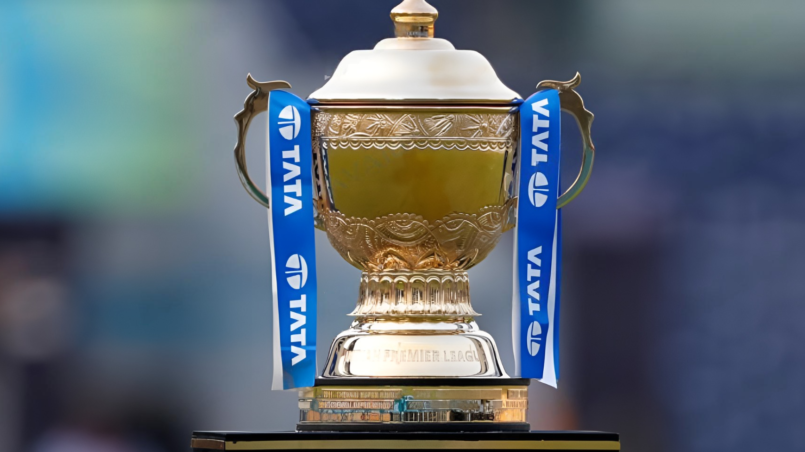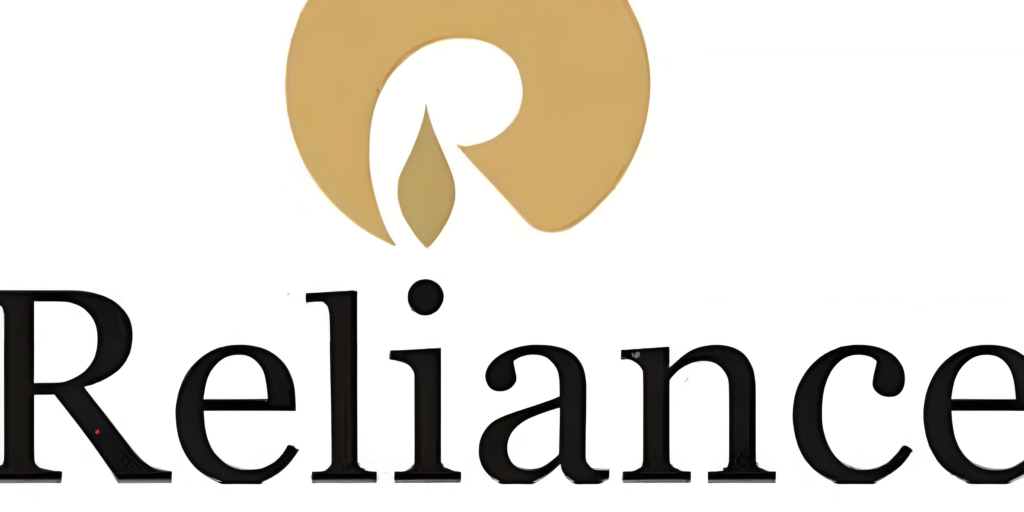
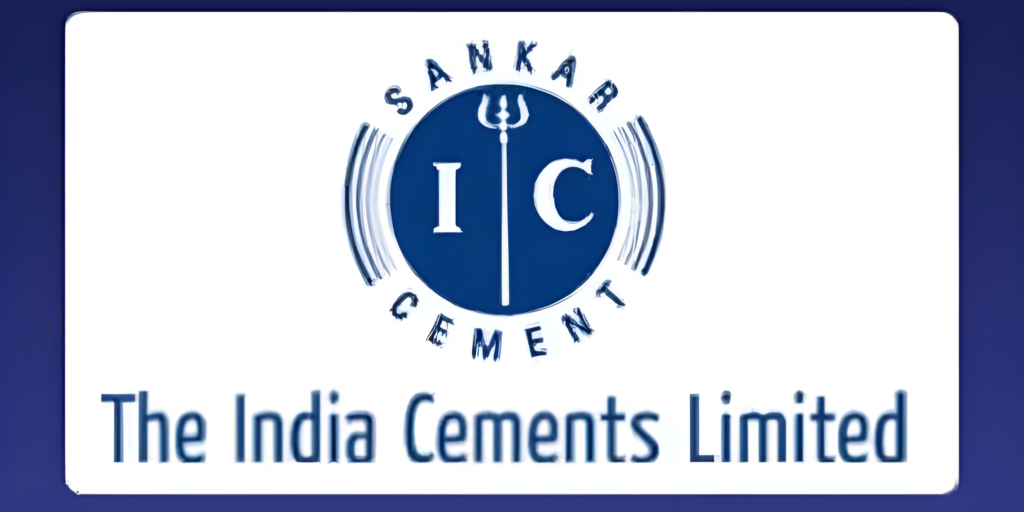
The owners of the Indian Premier League (IPL) teams are various prominent companies and individuals. Reliance Industries owns Mumbai Indians while Chennai Super Kings is owned by India Cements.
The Indian Premier League, commonly known as IPL, stands as a premier T20 cricket competition in the world. Established in 2008 by the Board of Control for Cricket in India (BCCI), the league has evolved into a grand sporting festival celebrated annually.
It boasts a melange of international and Indian cricketing talent, coupled with glamorous entertainment elements. IPL teams are owned by a mix of corporate bigwigs and celebrities, making the league as much a showcase of business acumen as it is of sporting prowess. The Mumbai Indians, for instance, are the brainchild of India’s biggest conglomerate, Reliance Industries, steered by Mukesh Ambani. On the other hand, India’s superstar presence is marked with Preity Zinta co-owning Punjab Kings. With such a varied ownership structure, the league has cemented its position not only in the sporting realm but also as a significant business venture.
Ipl Team Ownership Dynamics
The Indian Premier League (IPL) isn’t just a cricketing carnival; it is also a playground for the business savvy and the influential. Those who own IPL teams are an eclectic mix of individuals and corporate groups, each bringing a different shade of strategy, passion, and glamour to the tournament. Understanding who pulls the strings behind these exciting cricket franchises is crucial for grasping the full spectacle of the IPL.
Profiles Of Prominent Owners
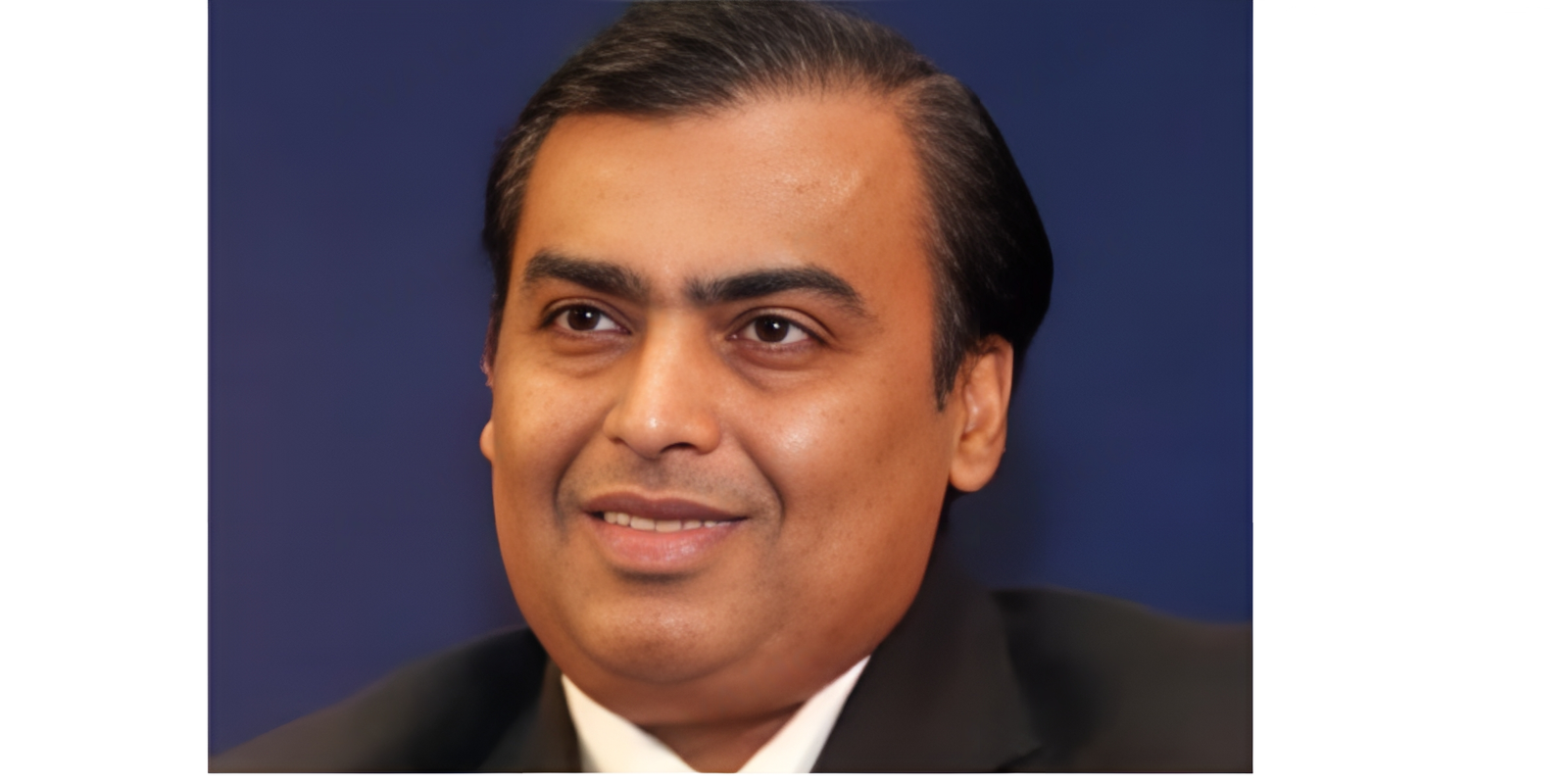
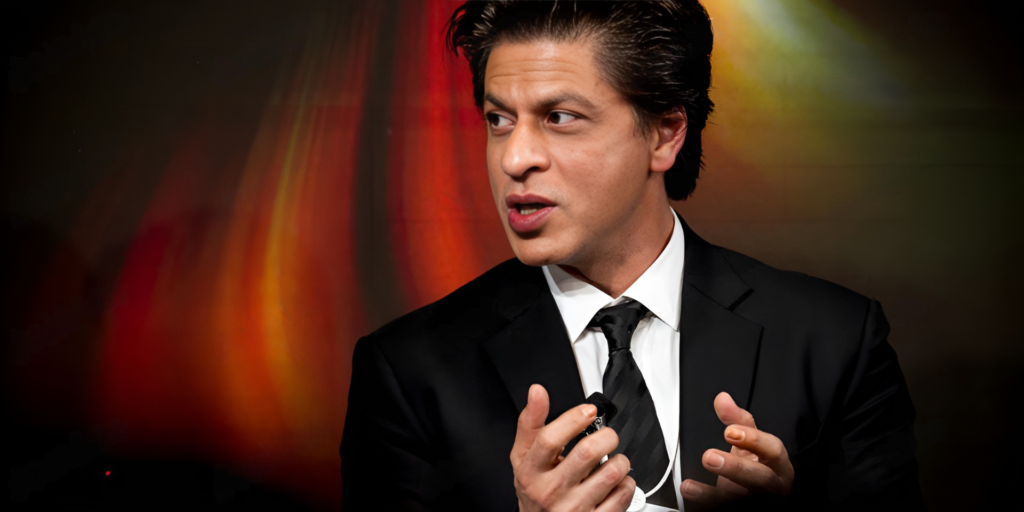
- Mukesh Ambani – The powerhouse behind Mumbai Indians, India’s richest man brings a blend of strategic acumen and deep pockets to the table.
- Shah Rukh Khan – Synonymous with Kolkata Knight Riders, this Bollywood megastar adds a layer of star-studded appeal to the team.
- Preity Zinta – A film industry favorite who infuses charisma into Kings XI Punjab, showing that Bollywood and cricket are a match made in heaven.
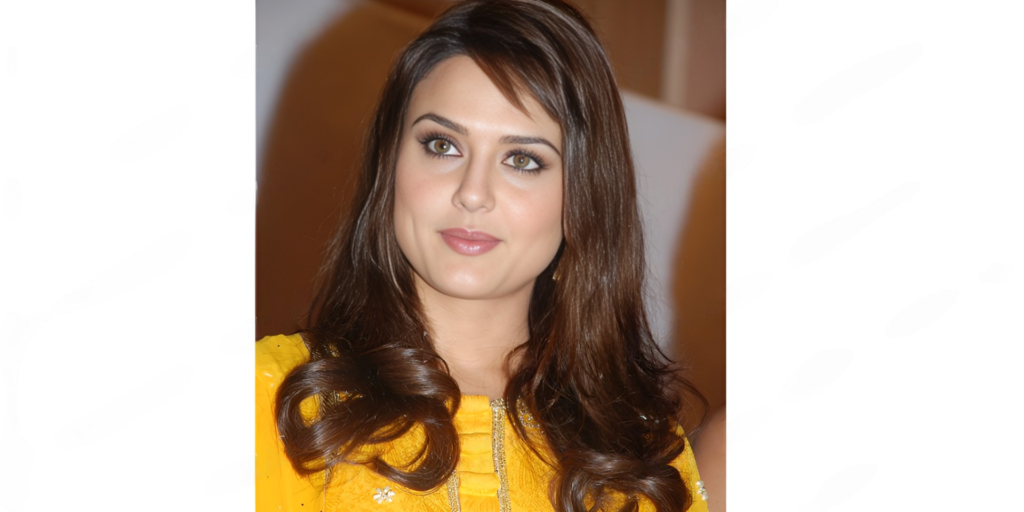
Corporate Conglomerates Vs. Individual Owners
In the world of IPL ownership, there’s a fascinating duel between corporate muscle and the charm of individual owners.
Corporate Conglomerates | Individual Owners |
|
|
Both ownership styles have their merits, shaping the tapestry of the league in unique ways. The corporate approach is steeped in a resilient business framework, while individual charisma often builds intimate connections with the fans.
The Rich List
Welcome to The Rich List, where the spectacle of cricket meets the splendor of wealth. Deep pockets and passion unite to fuel the competitive fire of the Indian Premier League (IPL).
The Ambanis And Reliance Industries
Reliance Industries, under the helm of Mukesh Ambani, owns the flamboyant Mumbai Indians. The Ambanis, one of Asia’s wealthiest families, bring their business acumen to the cricket pitch.
Evaluating The Net Worth Of Ipl Team Owners
The net worth of IPL team owners reads like a who’s who of India’s billionaire club. With deep investments, they ensure that their teams are not just cricket franchises, but global brands.
|
Team |
Owner |
Net Worth |
|
Mumbai Indians |
Reliance Industries |
$200 billion+ |
|
Chennai Super Kings |
N. Srinivasan |
$1.3 billion+ |
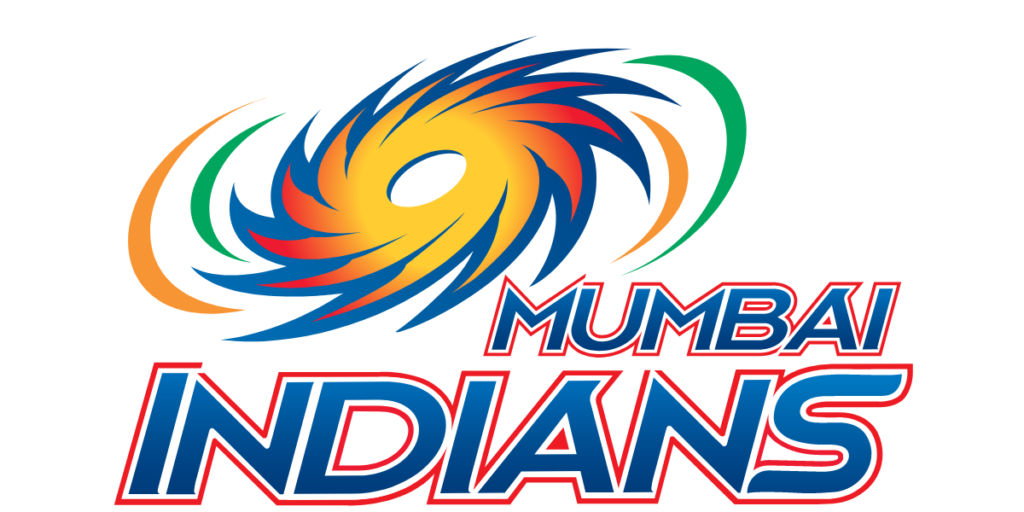

Business And Cricket
The world of the Indian Premier League (IPL) is not just a blend of sports and entertainment but a showcase of powerful business conglomerates mixed with the glamour of Bollywood stars. The tournament has grown tremendously since its inception, and so has the interest of businessmen and celebrities in owning a piece of this lucrative cricket carnival. Let’s dive into the economics and charm behind IPL team ownership.
Diverse Business Interests Behind Ipl



The ownership of IPL teams reflects the dynamic nature of its investors, ranging from conglomerates to individuals. Each owner brings unique strategies and business models to the table.
Team | Owner | Primary Business Interest |
Mumbai Indians | Reliance Industries | Telecommunications, Energy |
Chennai Super Kings | N. Srinivasan | Cement, Manufacturing |
Sunrisers Hyderabad | Kalanithi Maran | Media |
Delhi Capitals | GMR Group and JSW Group | Infrastructure, Steel |
- Reliance Industries, led by Mukesh Ambani, controls the Mumbai Indians.
- United Spirits backs the Royal Challengers Bangalore.
- The Sun TV Network is behind Sunrisers Hyderabad.
The Role Of Celebrity Owners
Stars like Shah Rukh Khan, Preity Zinta, and Shilpa Shetty have become synonymous with their teams. Their active participation in promotion adds a dash of glamour and draws in more fans.
· Shah Rukh Khan co-owns Kolkata Knight Riders.
· Preity Zinta has a stake in Punjab Kings.
· Rajasthan Royals have seen investment from Shilpa Shetty in the past.
Fans not only cheer for their favorite teams but also their beloved celebrities. IPL cleverly marries the passion for cricket with the world of showbiz.
Management Structure
Understanding the management structure of the dynamic Indian Premier League (IPL) teams reveals the pivotal role played by owners. These influential figures are critical for steering the teams towards success. A robust management can make or break a season’s outcome, which is why owners are so integral to the IPL’s vibrancy.
Owner Responsibilities
Owners of IPL teams shoulder a variety of duties that are essential to the functioning of the team. They are pivotal in:
- Funding the franchise: ensuring the financial stability of the team.
- Player acquisitions: investing in players and support staff domestically and internationally.
- Marketing and promotions: creating a brand presence and engaging with fans.
- Strategic decision-making: forming a core team that decides the path forward.
Impact Of Ownership On Team Strategies
Owners play a crucial role in team strategies. Their actions and decisions influence:
Area of Influence | Impact |
Team Composition | Decisions on player selection can define the team’s strength and balance. |
Leadership Choices | Choosing the right captain and support staff guides team’s ethos and playstyle. |
Brand Image | Owners’ public profile can attract fans and partnerships, affecting revenue. |
Ownership has a direct impact on the performance and public perception of the team. Winning strategies and team success often reflects back on the owner’s acumen and leadership.
Ownership And Team Performance
The Indian Premier League (IPL) is not just a cricket league—it’s a spectacle of talent, entertainment, and strategic investments. Behind every thrilling match and cheering crowd are the team owners whose decisions often mirror in the team’s performance. These magnates come from diverse backgrounds, including industries like entertainment, manufacturing, and sports management. Their involvement ranges from passive to highly strategic, where they make critical decisions that shape the team’s future.
Investment Vs. Success Rate
The relationship between investment and success rate in the IPL is intriguing. Teams with deep pockets might not always lead the victory march. Let’s look at how spending correlates with winning.
- Mumbai Indians, owned by Reliance Industries, has invested heavily in player auctions, resulting in multiple IPL titles.
- Conversely, Rajasthan Royals have shown that a modest budget, when paired with shrewd selection, can also lead to championship success.
It is clear that while a hefty investment can build a strong team, strategic planning and management are crucial for a high success rate.
Case Studies Of Successful Ownership Models


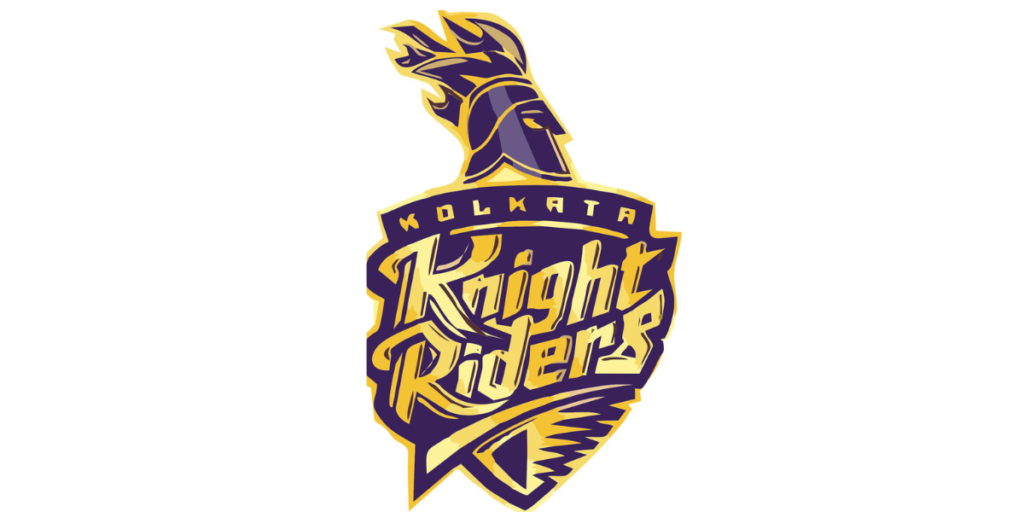
Let’s look at some team owners who have mastered the art of marrying investment with strategy:
Team | Owner(s) | Titles Won |
Mumbai Indians | Reliance Industries | 5 |
Chennai Super Kings | N. Srinivasan (India Cements) | 4 |
Kolkata Knight Riders | Shah Rukh Khan (Red Chillies Entertainment) & others | 2 |
The above table showcases that balanced investments, when amplified by strong leadership and player development programs, can lead to consistent success.
Transparency In Ownership
Knowing who owns an IPL team is crucial for fans, investors, and regulatory bodies. Each team has its tale of ownership, with successful business magnates and noted celebrities at the helm. The Indian Premier League (IPL), as a prestigious cricket league, upholds stringent transparency and disclosure norms to maintain the integrity of the sport.
Regulatory Oversight And Ownership
The IPL’s foundations are built on clear regulatory frameworks. The Board of Control for Cricket in India (BCCI) sets forth rules that ensure fair play and transparent operations within franchise ownership.
The ownership of each IPL team is often a consortium of investors. These investors may include industrial tycoons, film stars, and sports entities.
Here is a snapshot of IPL team ownership:
Add additional teams and owners here
Team | Owner(s) |
Mumbai Indians | Reliance Industries |
Chennai Super Kings | N. Srinivasan |
Kolkata Knight Riders | Red Chillies Entertainment & Mehta Group |
The Influence Of Bcci
The BCCI not only formulates guidelines but also monitors adherence among franchises. This includes thorough background checks and scrutiny of financial transactions. It seeks to prevent conflicts of interest and promote a level playing field.
The influence of the BCCI in franchise ownership is evident through its approval of team sales and transfers. It ensures that all team owners abide by the Code of Conduct and maintain the league’s reputation.
- Owners must adhere to financial fair play.
- All stakeholders can access ownership information.
- IPL franchises must regularly submit ownership details.
Behind-the-scenes Influence
Delving into the world of IPL team ownership uncovers a dynamic powerplay that shapes the tournaments we love. Owners play a crucial role, influencing decisions from the compositions of their squads to the daily operations during the bustling season. Their choices can lead to championship victories or unexpected defeats.Their influence extends far beyond financial investments, leaving a significant mark on the sport’s landscape.
Decision Making In Team Composition
When the IPL auction unfolds, team owners make critical calls that resonate throughout the season. Strategic decisions about player selections lay the foundation for success. Owners consider everything from a player’s form to team chemistry.
- Assessing player statistics and performance history
- Gauging potential synergy between players
- Scouting for emerging talent
- Considering the input of coaches and support staff
These decisions directly impact the team’s balance and abilities to tackle fierce competitors on the field.
Owner Involvement During The Ipl Season
As the IPL season progresses, owners stay deeply involved, often visible in the stands or in strategic discussions. Their presence can boost team morale and fan engagement. Regular interactions with the team management help steer the ship through the highs and lows of the season.
· Attending matches and interacting with the team
· Engaging in promotional activities and brand building
· Participating in tactical discussions with coaching staff
· Making executive decisions on player fitness and match readiness
Ownership involvement is not just about being seen; it’s about actively shaping the course of the team’s journey through the high-stakes tournament.
Ownership Controversies
The Indian Premier League (IPL) is not just a cricket sensation; it’s also a melting pot of high-stakes ownership and sometimes contentious boardroom politics. Ownership controversies have been part and parcel of this thrilling cricket league. In IPL’s history, team ownership has undergone scrutiny, leading to some notorious scandals.
Past Scandals And Their Resolutions
Some IPL teams faced severe allegations, resulting in legal battles and ownership changes. Here are key scandals that shook the league:
- Rajasthan Royals: In 2010, questions regarding the team’s ownership structure led to a temporary expulsion.
- Chennai Super Kings: The team faced a two-year suspension due to the involvement in illegal betting by a team official in 2013.
- Kochi Tuskers Kerala: Terminated in 2011 due to breach of contract by the franchise.
The league resolved these issues with strict actions, including new ownership policies and heavy fines
Maintaining Integrity In Ownership
To maintain ownership integrity, IPL has implemented stringent measures. Background checks and financial audits are now regular. These steps ensure transparency and uphold the league’s reputation.
Measure | Description |
Strict Ownership Rules | Owners must comply with a clear set of guidelines. |
Conflict of Interest Policy | This policy prevents unethical cross-ownership. |
Annual Audits | Teams undergo financial audits to ensure clean operations. |
Conclusion
Wrapping up our journey through the IPL team ownerships, it’s clear that a blend of corporate magnates and entertainment icons steer these cricketing vessels. They infuse the league with financial robustness and a dash of glamour. As fans celebrate sixes and wickets, the owners strategize behind the scenes, embodying the dynamic spirit of cricket’s most thrilling saga.
Frequently Asked Questions On Who Is The Owner Of Ipl Team ?
Who Is Ipl Team Owners?
IPL team owners include Reliance Industries (Mumbai Indians), United Spirits (Royal Challengers Bangalore), Chennai Super Kings Cricket Ltd (Chennai Super Kings), KPH Dream Cricket Private Limited (Punjab Kings), GMR Group and JSW Group (Delhi Capitals), and others.
Who Is The Richest Ipl Owner?
As of my knowledge cutoff in 2023, Mukesh Ambani, the owner of Mumbai Indians, is the richest IPL team owner.
Who Is The Ceo Of Ipl?
The Indian Premier League (IPL) does not have a designated CEO position as of my knowledge cutoff in early 2023. The IPL is governed by the Board of Control for Cricket in India (BCCI).
Who Owns Ipl Group?
The Indian Premier League (IPL) is owned by the Board of Control for Cricket in India (BCCI).
